The term “opiprol” does not appear to correspond to any widely recognized word or concept in English. If you meant a specific term, medication, or phrase, please provide additional context or clarify the spelling so I can assist you accurately.If you’re referring to a brand name, chemical compound, or specialized term, double-check the spelling or provide more details for precise translation or explanation.Let me know how I can help!
✅ Anxiety relief
✅ Depression management
✅ Mood stabilization
✅ Improved sleep quality
✅ Minimal side effects
Opiprol contains Opipramol.
Product Overview
Opiprol is a pharmaceutical preparation containing Opipramol as its active ingredient, formulated in tablet dosage form. As a tricyclic antidepressant, Opipramol is clinically indicated for the management of depressive disorders and anxiety-related conditions. Distinguished from certain other antidepressants, Opiprol exhibits negligible sedative properties, rendering it particularly suitable for patients requiring sustained daytime alertness.
Therapeutic Indications
The primary clinical applications of Opiprol encompass the treatment of major depressive disorder and various anxiety spectrum disorders. Its mechanism of action involves the modulation of neurotransmitter equilibrium within the central nervous system, specifically targeting serotonin and norepinephrine pathways, thereby ameliorating affective symptoms and reducing anxiety manifestations. Off-label usage may be considered at the discretion of qualified medical practitioners.
Administration Guidelines
Opiprol tablets are to be administered orally, with dosing frequency typically ranging from once to twice daily, as prescribed by the attending physician. The medication may be taken irrespective of meal times. Consistent daily administration at regular intervals is crucial for optimal therapeutic outcomes. Patients are strictly advised against abrupt discontinuation without medical supervision due to potential withdrawal phenomena.
Mechanism of Action
As a tricyclic antidepressant compound, Opiprol exerts its pharmacodynamic effects through selective enhancement of serotonergic and noradrenergic neurotransmission in the central nervous system. This dual mechanism facilitates the regulation of mood and affective states, effectively mitigating core symptoms of depression including dysphoria, anhedonia, and psychomotor disturbances, while concurrently addressing comorbid anxiety symptoms.
Dosage Protocol
Therapeutic dosing of Opiprol follows a graduated titration protocol, commencing with subtherapeutic doses that are progressively escalated based on individual patient response and tolerability. Maximum daily dosage thresholds must not be exceeded under any circumstances. Tablets should be ingested intact with adequate hydration; crushing, chewing, or dividing tablets is contraindicated.
Therapeutic Advantages
Opiprol demonstrates significant clinical efficacy in addressing the symptomatic spectrum of depressive and anxiety disorders, including affective dysregulation, psychomotor agitation, and sleep disturbances. Its favorable adverse effect profile, characterized by minimal sedation, preserves cognitive function and daytime performance capacity. The compound may contribute to enhanced psychosocial functioning and improved quality of life metrics.
Adverse Effect Profile
Common pharmacologically predictable reactions may include xerostomia, visual accommodation disturbances, gastrointestinal motility changes, somnolence, and metabolic alterations. While typically transient and mild in severity, persistent or clinically significant adverse effects warrant medical consultation. Rare but serious reactions such as cardiac arrhythmias, urinary retention, or cognitive impairment necessitate immediate medical intervention.
Precautionary Measures
Comprehensive medical history disclosure is imperative prior to initiation, particularly regarding cardiovascular, hepatic, renal, or ophthalmic conditions. Concomitant use with CNS depressants, including ethanol, is contraindicated. Special populations including gravid or lactating women require thorough risk-benefit analysis under specialist supervision, as teratogenic and lactogenic potential remains incompletely characterized.
Storage Specifications
Maintain Opiprol tablets in primary packaging at controlled room temperature (15-30°C), protected from humidity and direct thermal exposure. The medication must be stored in secure containment inaccessible to pediatric populations and domestic animals. Avoid storage in areas of high humidity such as bathrooms or kitchen environments. Disposal of expired or unused medication must comply with regional pharmaceutical waste regulations.
Medical Disclaimer:
The information provided herein represents carefully curated, evidence-based data that has undergone rigorous medical review. However, this content must not be construed as a replacement for professional medical advice, diagnosis, or treatment. The presented information serves educational purposes exclusively and does not encompass exhaustive safety data, potential drug interactions, or contraindications. Patients must consult qualified healthcare providers for personalized medical guidance. This resource is designed to complement, not substitute, the essential physician-patient relationship.
| Strength | 100 mg |
|---|---|
| Quantity | 30 Tablet/s, 60 Tablet/s, 90 Tablet/s, 180 Tablet/s |
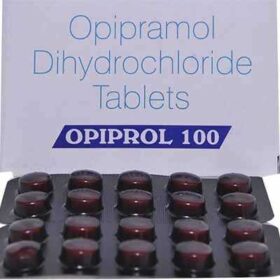 The term "opiprol" does not appear to correspond to any widely recognized word or concept in English. If you meant a specific term, medication, or phrase, please provide additional context or clarify the spelling so I can assist you accurately.If you're referring to a brand name, chemical compound, or specialized term, double-check the spelling or provide more details for precise translation or explanation.Let me know how I can help!
The term "opiprol" does not appear to correspond to any widely recognized word or concept in English. If you meant a specific term, medication, or phrase, please provide additional context or clarify the spelling so I can assist you accurately.If you're referring to a brand name, chemical compound, or specialized term, double-check the spelling or provide more details for precise translation or explanation.Let me know how I can help!









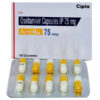
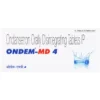
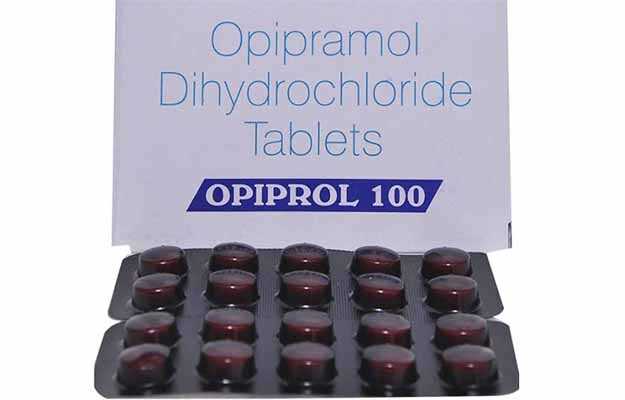
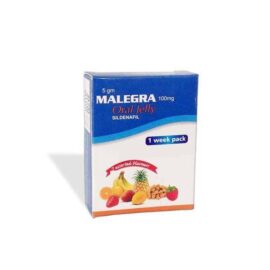

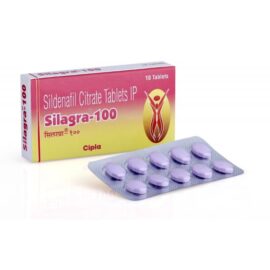
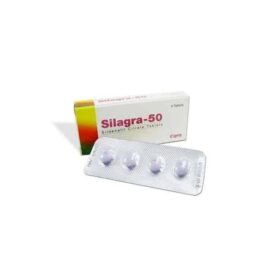
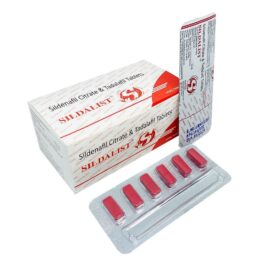
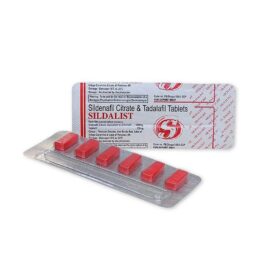
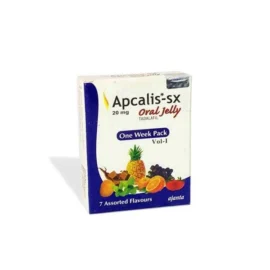
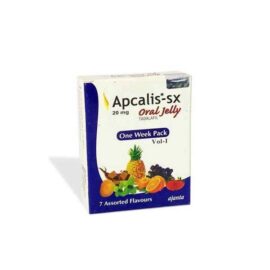
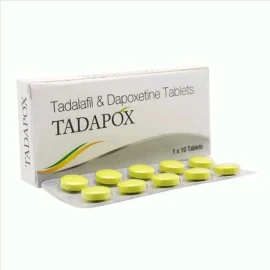
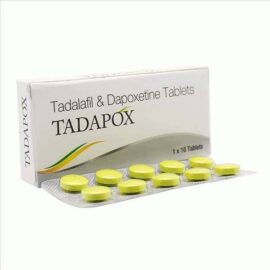
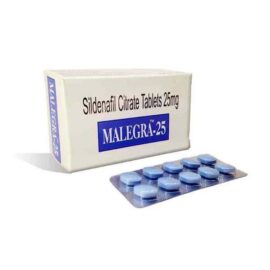
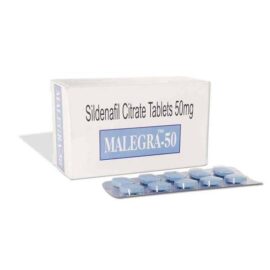
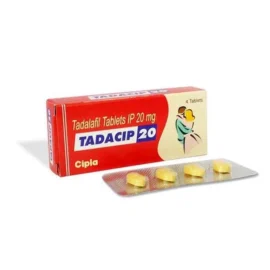
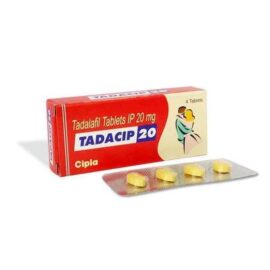
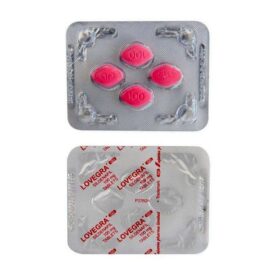
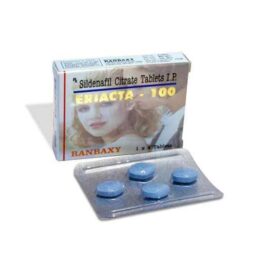
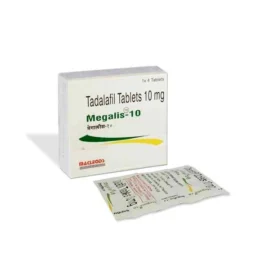
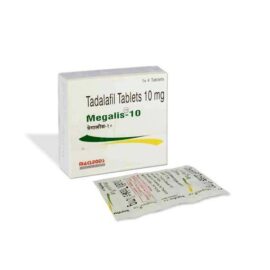



Reviews
There are no reviews yet